Adults Suffering From Trauma (PTSD)
Something horrible happened. And since then, everything changed.
A sound, smell, phrase, or an image can set you off: reliving the past in an all consuming whirlwind. One second you were fine, and now your heart is racing. A good night of rest is a rarity.
You may notice it feels challenging to look people in the eyes. The stress doubles when asking for help. But at the same time - you may feel scared to be alone.
You’re not only concerned about that horrible event happening again, your concerned you might lose control. This includes dealing with overwhelming emotions from “normal” life situations. You know you shouldn’t be as reactive, but it’s difficult to keep composure.
Your spouse or family is empathetic but you can tell they don’t truly understand. You don’t like seeing the worst in situations or being at arms length from loved ones. You’re ready for change…
Understanding PTSD and Trauma in Adults
What is PTSD?
Post-Traumatic Stress Disorder (PTSD) is a complex condition that can follow exposure to a threatening event or extended series of events, changing how one perceives and interacts with the world.
Are you or a loved one experiencing?
Flashbacks: Reviving the trauma through vivid, intrusive memories.
Dissociation: a disconnection between a person's body, thoughts, memories, feelings, actions or sense of who he or she is.
Negative Thoughts and Mood: Persistent negative beliefs about oneself, the world, or others; emotional numbness.
Hyperarousal: A constant state of alertness, panic, irritability, or sleep issues
How I Can Help: Models of Psychotherapy
Brainspotting: A technique that targets the deep, subcortical brain processes where trauma is stored. By focusing on a particular eye position, this method helps in processing traumatic memories, reducing their emotional charge without the need for detailed verbal recounting.
Mind and Body Integration: We incorporate mindfulness practices and yoga to foster trust in the mind-body connection, helping to manage symptoms.
Mindfulness Meditation: Cultivates awareness, allowing you to observe thoughts and feelings without judgment, reducing reactivity.
Yoga: Physical posture and movement combined with mindful breathing reduces stress, enhances body awareness, and promotes emotional regulation. While we won’t practice Yoga poses in session, reconnecting with the body is important for integration.
Internal Family Systems (IFS): This therapy recognizes that our psyche is composed of various parts, each with its own perspective, and helps you understand and integrate these parts, especially those that hold trauma or fear.
Attachment Theory: Early relational patterns influence current emotional responses, helping to heal attachment wounds which can exacerbate PTSD symptoms.
I help individuals dealing with the trauma from threatening events find peace.
Together we explore underlying causes for these symptoms and identify solutions that make sense for their life. I help guide clients through the maze of their emotions and thoughts to a place of flexibility where they can make decisions on their own terms.
My clients in Nashville and Brentwood are often professionals, fathers, mothers, young adults or the young at heart. Trauma is not something only reserved for those who have seen combat but unfortunately, a common part of the human experience.
If any of this sounds like what you or a loved one is struggling with, I’d be happy to chat and see if this would be a helpful option. Online therapy is also available. Please call 615.326.9492 or fill out the form below to schedule a time to chat.
Please note: I am not accepting Insurance at this time.
